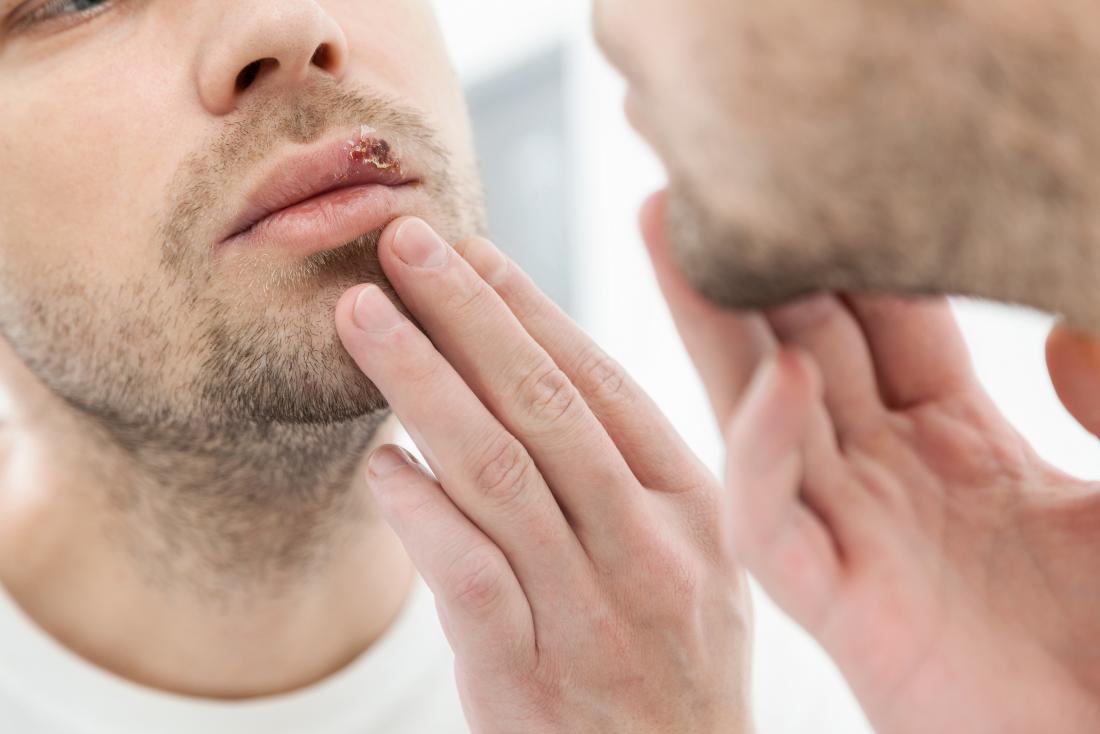Herpes is a viral infection caused by the herpes simplex virus (HSV) and is a common condition that affects both men and women. There are two types of herpes, HSV-1 and HSV-2, and both can cause symptoms in men. HSV-1 is usually associated with oral herpes, while HSV-2 is associated with genital herpes. In this article, we will discuss the symptoms of herpes in men and the treatment options available to manage the condition.
Symptoms of Herpes in Men
The symptoms of herpes in men can vary depending on the type of herpes they have. Generally, the symptoms of herpes can be divided into two categories: primary symptoms and recurrent symptoms.
Primary Symptoms
The primary symptoms of herpes in men usually appear within 2-14 days after exposure to the virus. These symptoms include:
Painful sores or blisters on the genitals, anus, or mouth
Swelling and redness in the affected area
Itching or burning sensation in the affected area
Flu-like symptoms, such as fever, fatigue, and swollen lymph nodes
Painful urination or bowel movements
Recurrent Symptoms
Recurrent herpes symptoms are less severe than primary symptoms and usually appear in the same location as the primary outbreak. These symptoms include:
Smaller blisters or sores that are less painful
Itching or tingling sensation in the affected area before the sores appear
Mild flu-like symptoms
It is important to note that some men may not experience any symptoms at all when they have herpes. This is called asymptomatic herpes and is more common in people who have been infected with the virus for a long time.
Treatment for Herpes in Men
There is currently no cure for herpes, but there are several treatment options available to manage the condition. These include:
Antiviral Medications: Antiviral medications such as acyclovir, valacyclovir, and famciclovir can help to reduce the severity of herpes symptoms and speed up the healing process. These medications can also reduce the risk of recurrent outbreaks.
Topical Creams: Topical creams, such as acyclovir cream, can be applied directly to the affected area to help relieve pain and itching.
Suppressive Therapy: Suppressive therapy involves taking antiviral medications on a regular basis to reduce the frequency of recurrent outbreaks. This is particularly useful for people who experience frequent outbreaks or for people who have a weakened immune system.
Home Remedies: There are several home remedies that can help to relieve herpes symptoms, such as taking a warm bath, applying aloe vera gel to the affected area, and avoiding spicy or acidic foods.
It is important to note that herpes can be transmitted to sexual partners, even if the infected person does not have any symptoms. Therefore, it is important for men with herpes to use condoms and practice safe sex to reduce the risk of transmission.
In conclusion, herpes is a common condition that affects both men and women. The symptoms of herpes in men can vary depending on the type of herpes they have and can include painful sores or blisters, flu-like symptoms, and itching or burning sensations. There is currently no cure for herpes, but there are several treatment options available to manage the condition, including antiviral medications, topical creams, suppressive therapy, and home remedies. Men with herpes should practice safe sex to reduce the risk of transmission to sexual partners. If you suspect that you have herpes, it is important to seek medical advice and get tested to confirm the diagnosis.

 Home
Home Health
Health Diet & Nutrition
Diet & Nutrition Living Well
Living Well More
More












